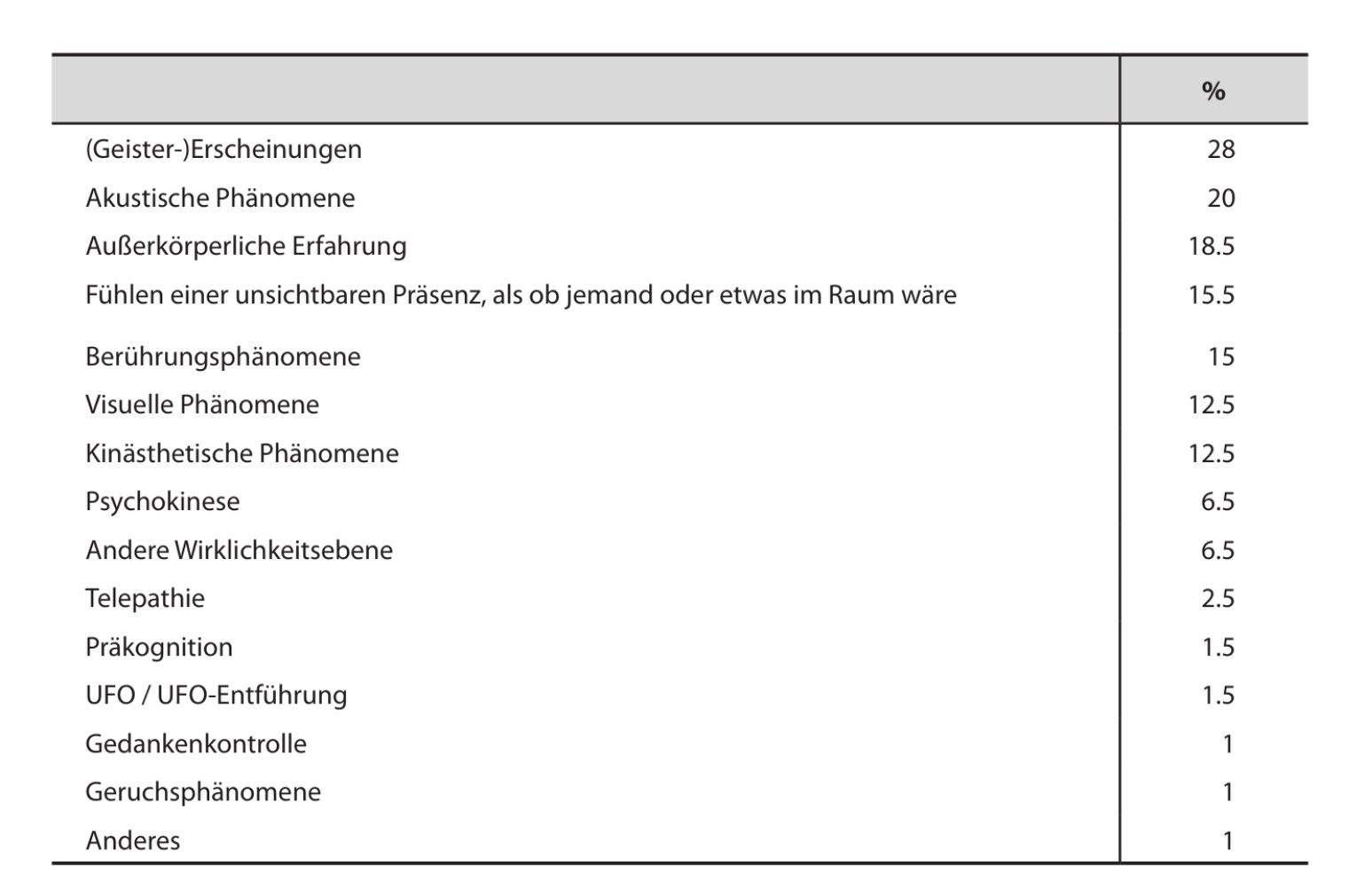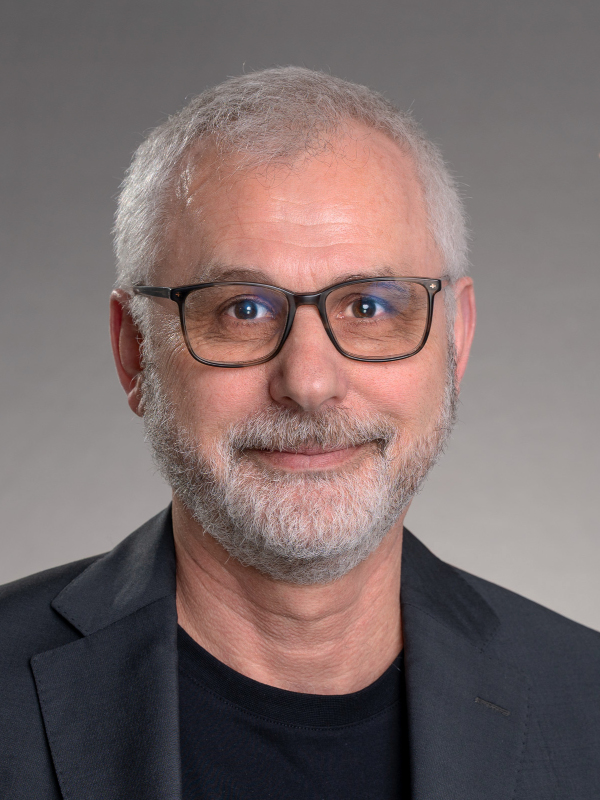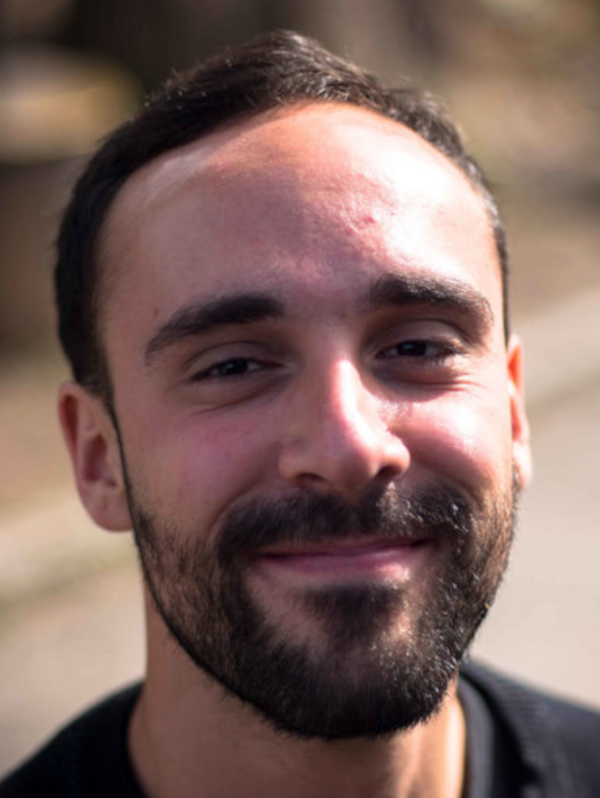Activities Within the Research Project
Since 2015, Dr. Gerhard Mayer (project manager) and Max Fuhrmann (research associate) have been working on this research project at IGPP, which focuses on the diversity of the conscious experience of sleep paralysis. In a pilot study (2015 – 2016), a comprehensive literature review was initially carried out and an online survey directed at German sleep laboratories was conducted in order to gain a picture of the relevance of sleep paralysis in a clinical context. The results of these initial activities were summarized in a sleep paralysis review article: Sleep paralysis. Phenomenology – Interpretations – Coping (2016).
In 2018, an online survey was conducted among those affected (a total of 380 completed questionnaires). This survey focused, among other things, on the individual interpretation and biographical integration of exceptional experiences associated with sleep paralysis and the fears of or dangers of social stigmatization. The evaluation of the results of this survey has led to two English-language articles: “A German Online Survey of People Who Have Experienced Sleep Paralysis” (2021) and “Sleep Paralysis and Extraordinary Experiences” (2022). A German version of the latter was published in 2023 in the Zeitschrift für Anomalistik.


